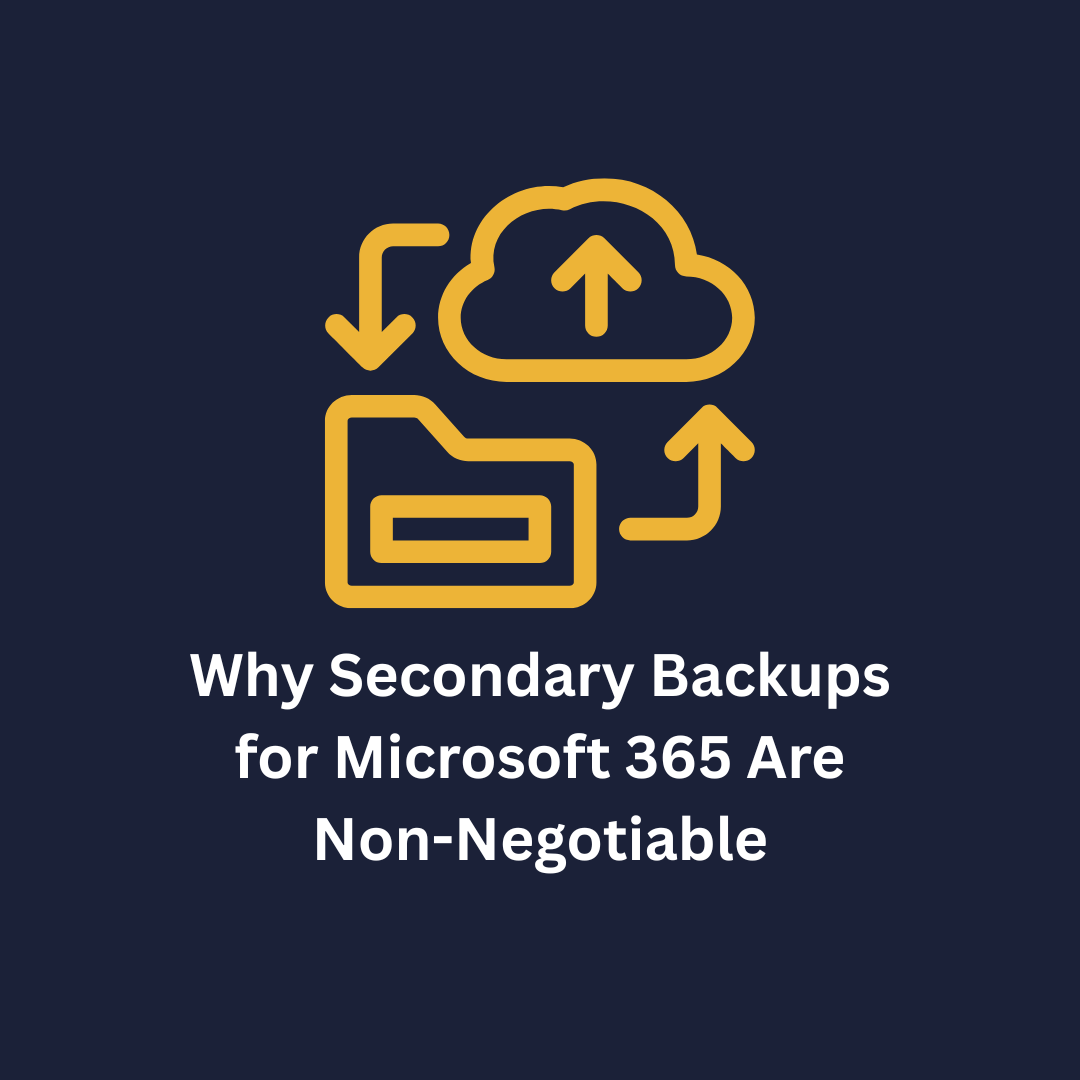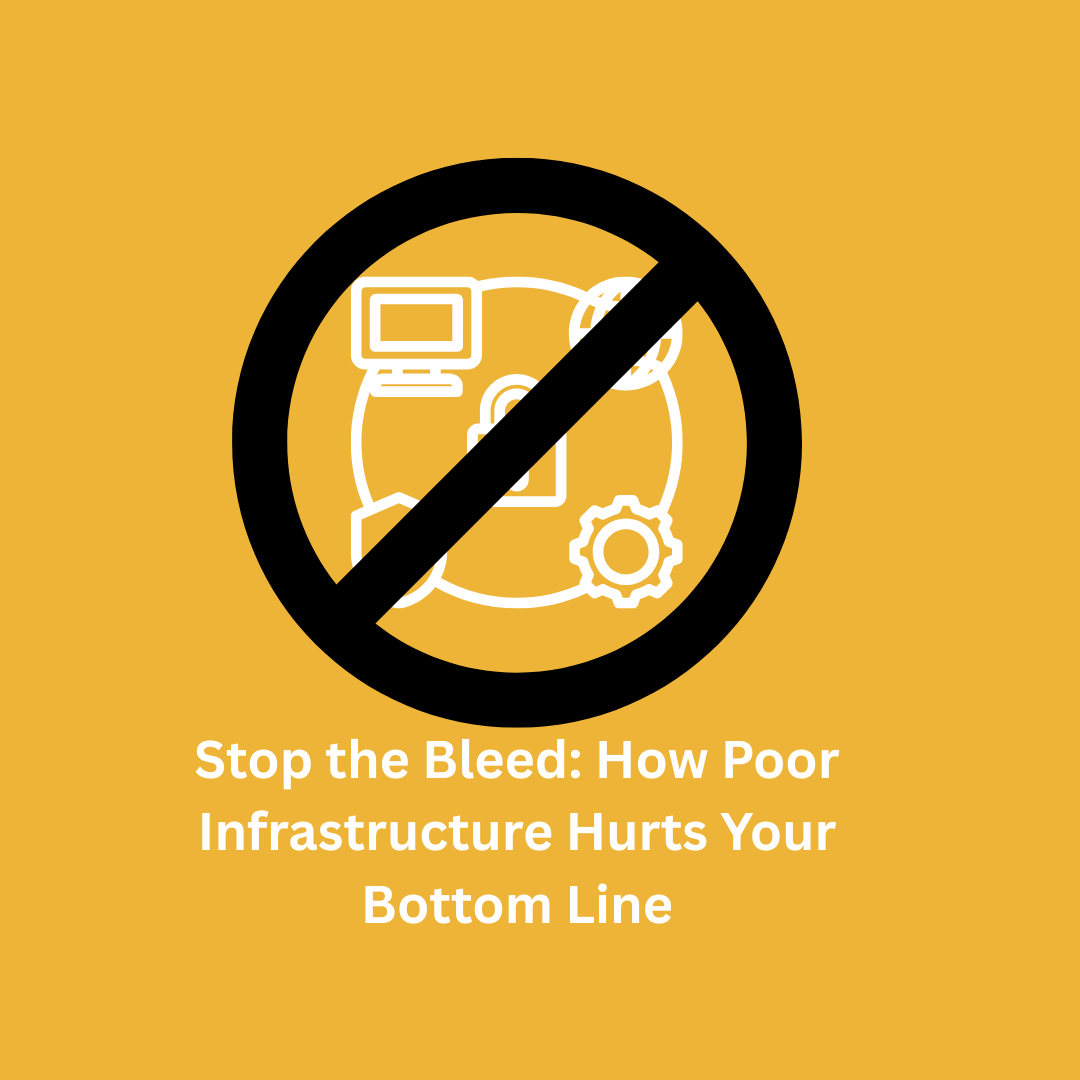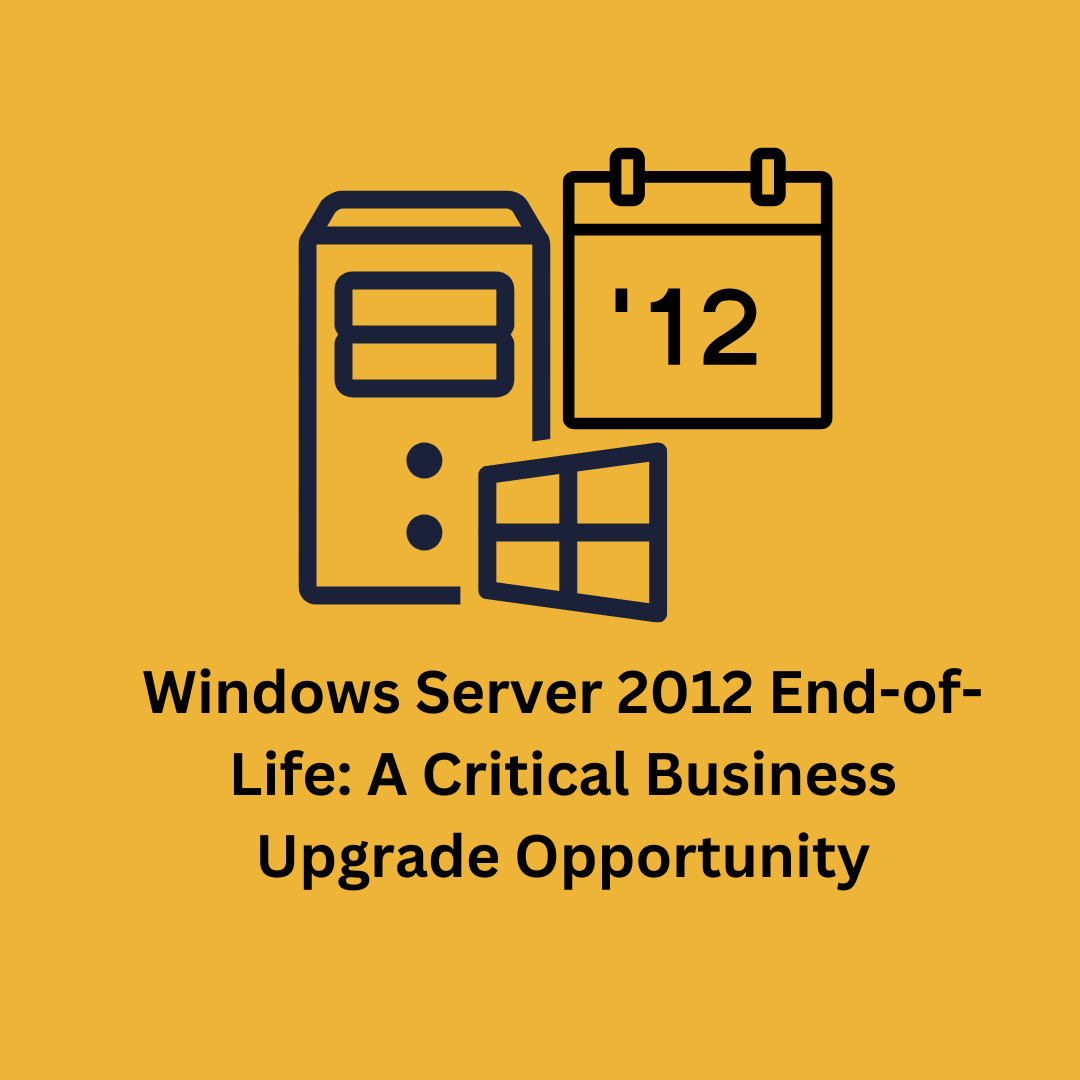Time for a Computer Upgrade: 3 Reasons to Say Goodbye to Your Old PC
In the fast-changing world of technology, sometimes our old computers just can't keep up. If you're wondering whether it's time to replace your aging device, here are three simple reasons why it might be a good idea:
- It's Slow and Outdated: If your computer takes forever to do basic things like starting up or running programs, it's a sign that it's struggling. Old computers weren't built to handle today's advanced software and apps. Upgrading to a newer computer with more power (like a faster processor and more memory) can make everything run smoother.
- Security Worries: Just like we lock our doors to keep our homes safe, your computer needs protection too. Older computers might not get the latest security updates, making them more vulnerable to online threats. If your computer is running on outdated software, it's like leaving a door open for hackers. Getting a new computer means you'll have the latest security features, keeping your information safe.
- Save Time, Be More Productive: Time is precious, and waiting for your computer to catch up can be frustrating. New computers work faster, meaning you spend less time waiting for things to load or dealing with crashes. Whether you're working on projects or enjoying some downtime, a new computer can help you get things done quicker, giving you more time for what matters.
In a nutshell, getting a new computer is like giving yourself a boost in speed, security, and productivity. Don't let an old computer slow you down – upgrading to something newer can make a big difference in how you use technology every day.
Choosing Your New Computer: What to Look For
If you've decided it's time to part ways with your old computer, choosing a new one can be an exciting yet daunting task. To ensure a smooth and satisfying experience, focus on these three key factors:
- Processing Power: The brain of your computer, known as the processor, determines how fast it can handle tasks. Look for a computer with a modern and powerful processor, such as Intel Core i5 or i7, or AMD Ryzen 5 or 7. This ensures that your computer can effortlessly manage multiple applications, handle complex tasks, and deliver a snappy overall performance.
- Sufficient RAM (Memory): Random Access Memory (RAM) is crucial for multitasking. Having enough RAM allows your computer to juggle various applications simultaneously without slowing down. Aim for a computer with at least 8GB of RAM, and if you're into more demanding tasks like video editing or gaming, consider upgrading to 16GB or more. This ensures that your computer can handle the demands of modern software and keep up with your workload.
- Adequate Storage Space: The amount of storage space on your new computer is essential for storing your files, applications, and the operating system. Solid State Drives (SSDs) are preferable over traditional Hard Disk Drives (HDDs) due to their faster performance. Look for a computer with a decent-sized SSD (256GB or more) to ensure quick boot times and responsive application launches. If you need additional storage for large files like videos or a growing collection of photos, consider a computer with additional HDD storage or the option to expand storage externally.
By prioritizing processing power, sufficient RAM, and adequate storage space, you'll set yourself up for a computing experience that's both powerful and efficient. Remember to consider your specific needs – whether it's for work, entertainment, or a bit of both – and choose a computer that aligns with your usage requirements. With the right combination of these key features, your new computer will not only meet your current needs but also remain relevant for years to come.


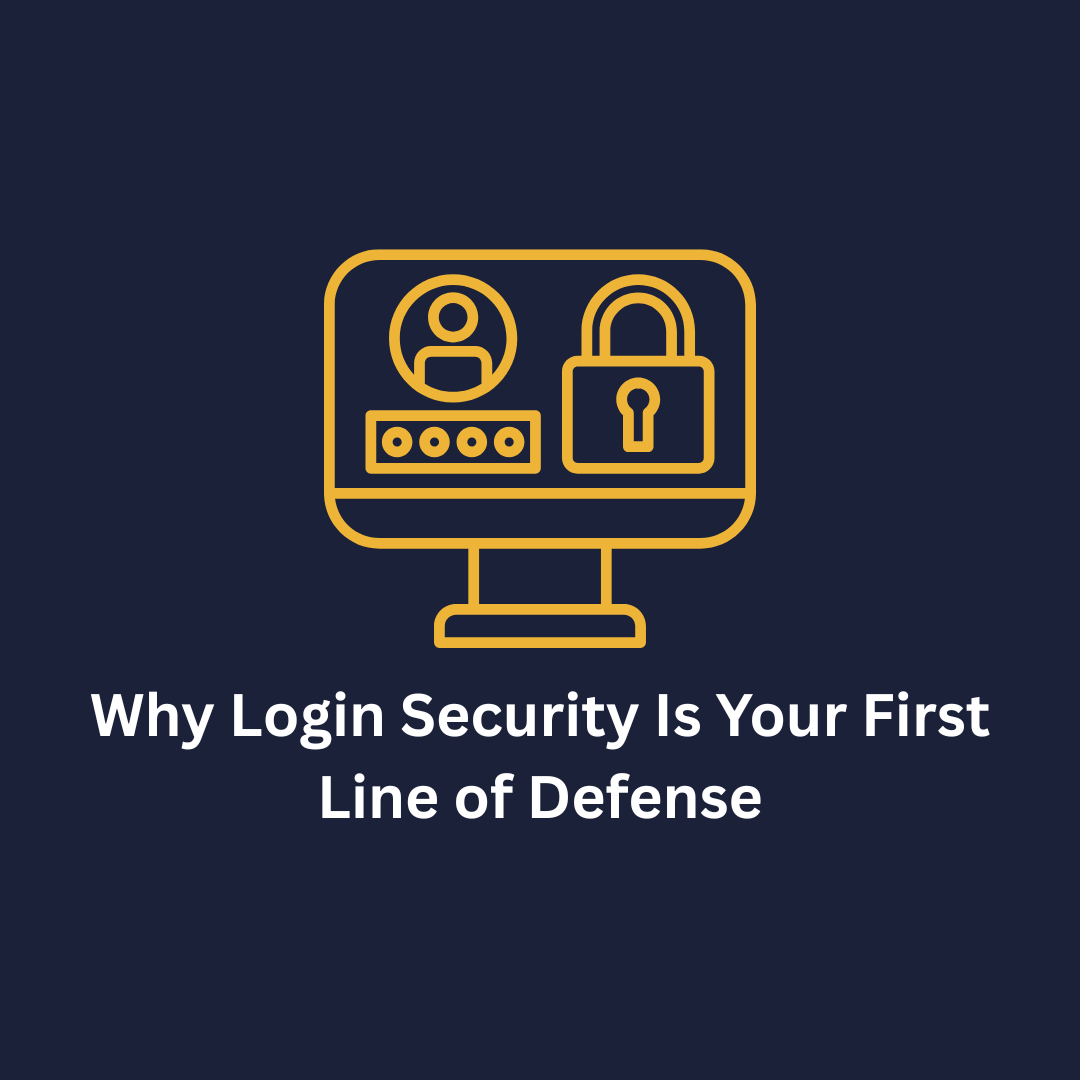
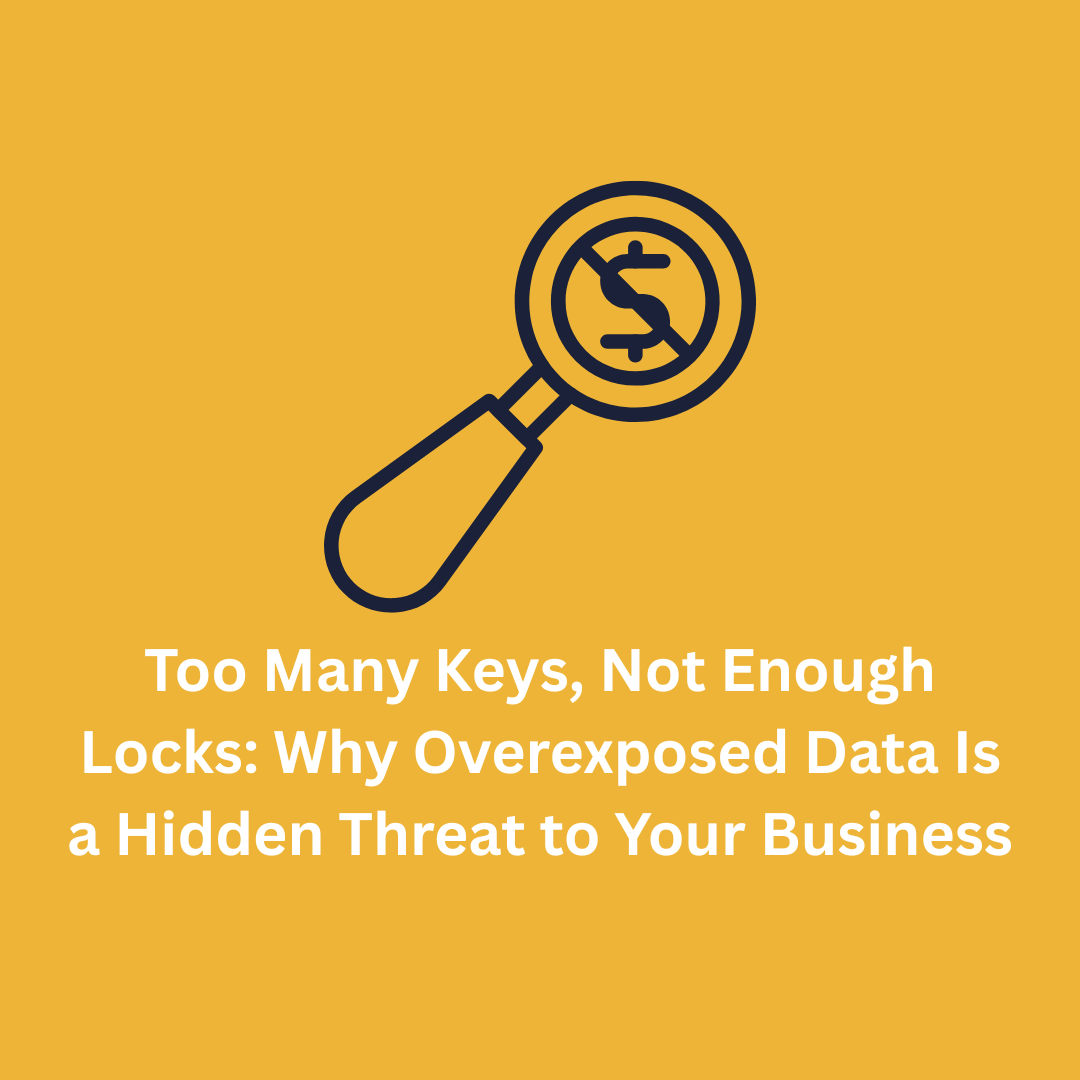
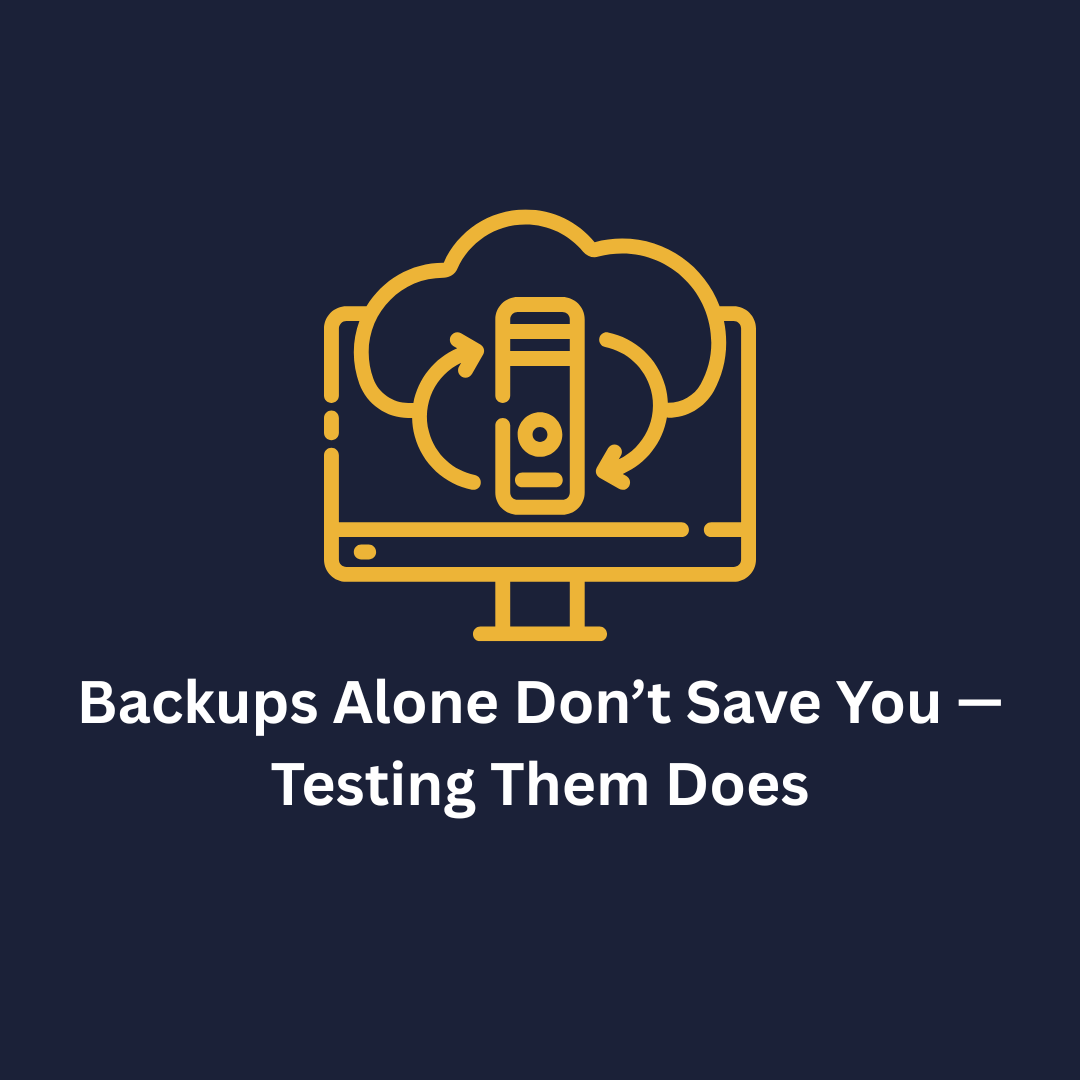




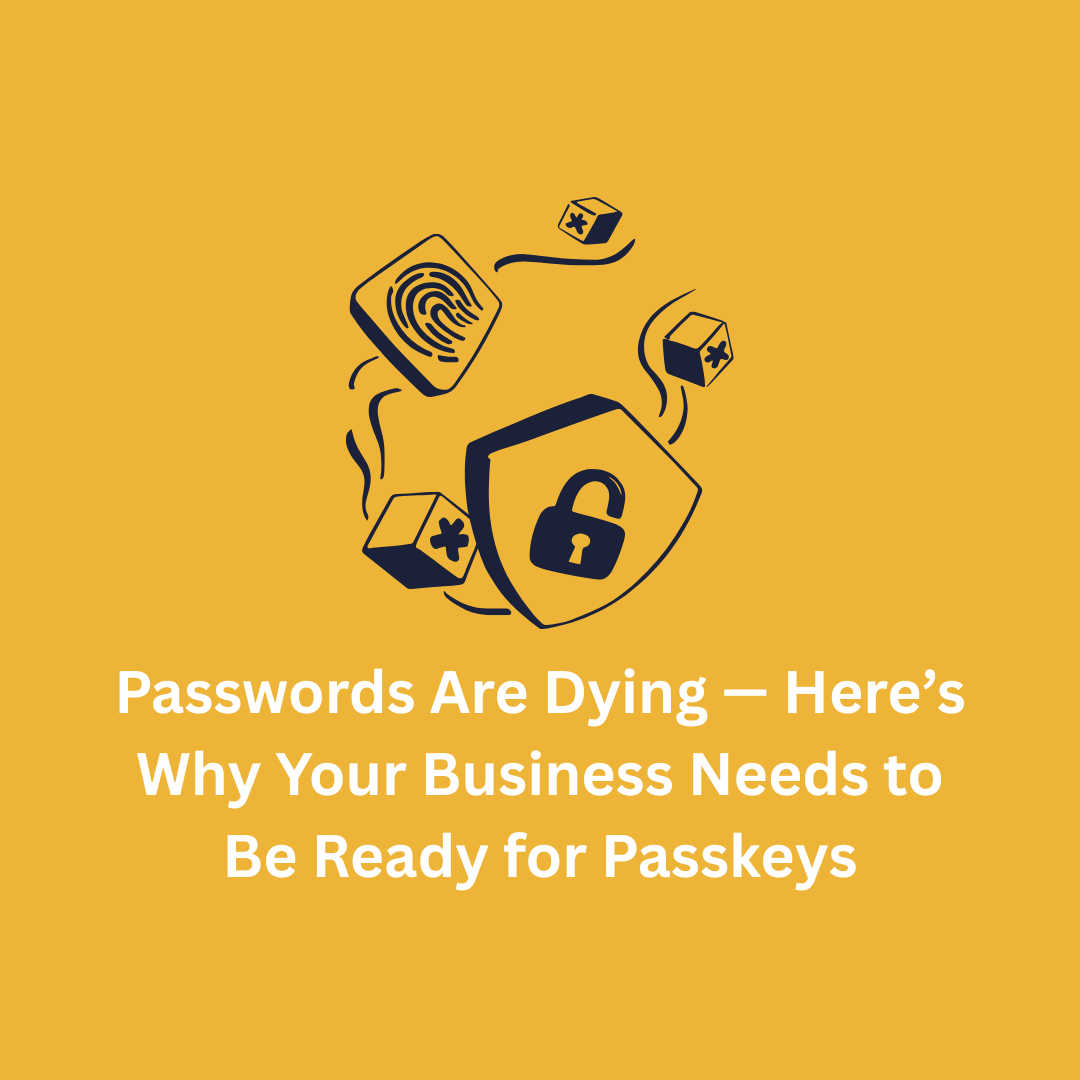
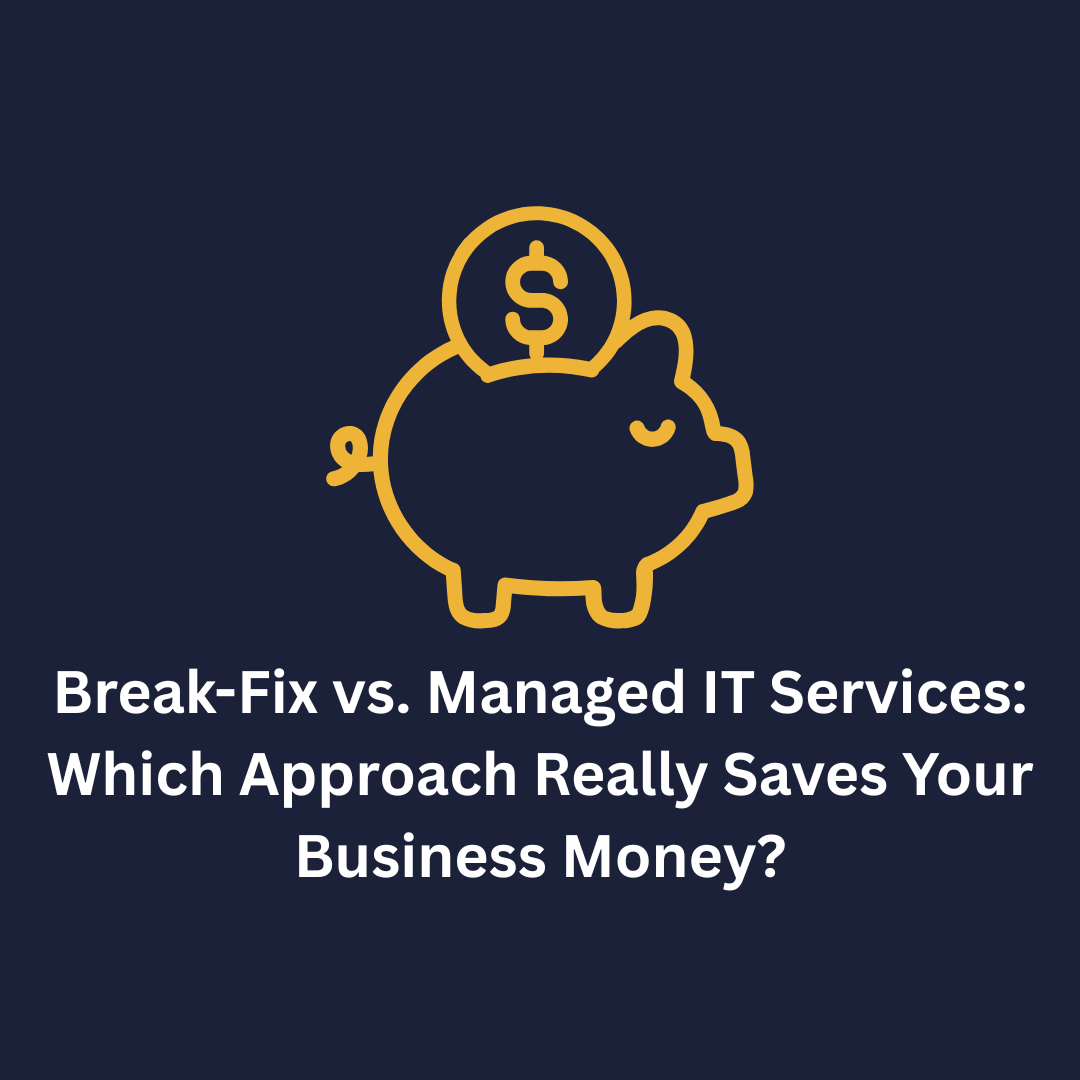


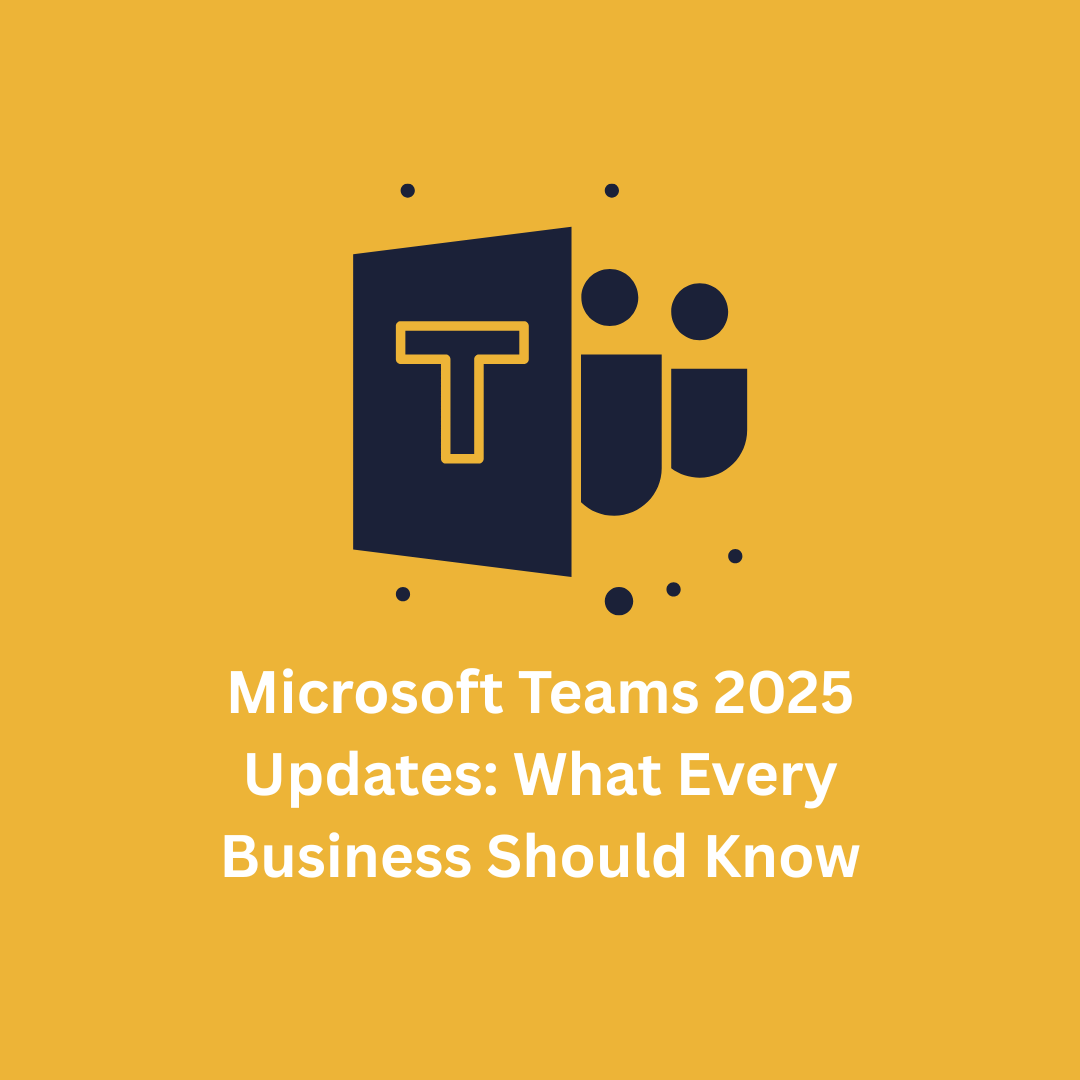
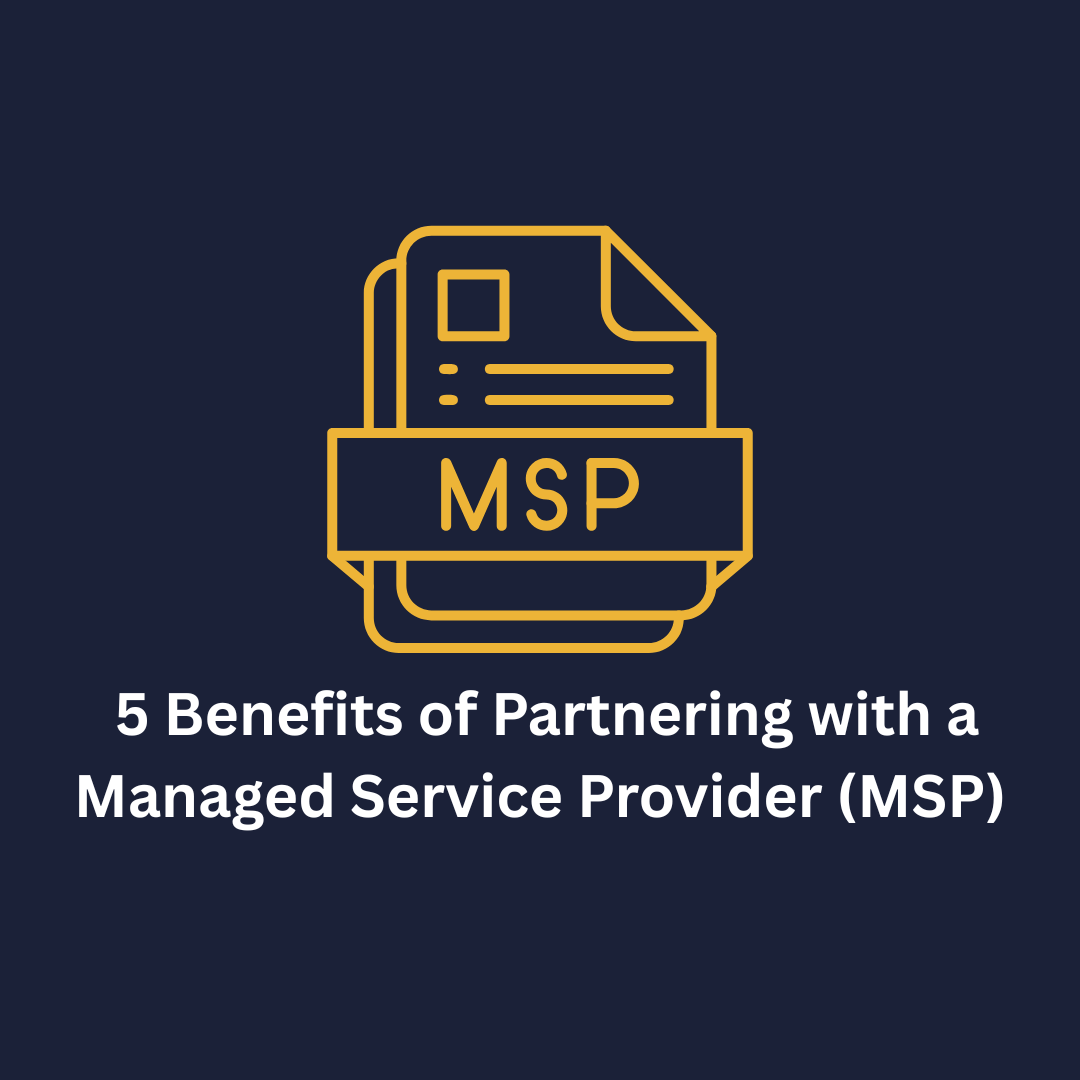
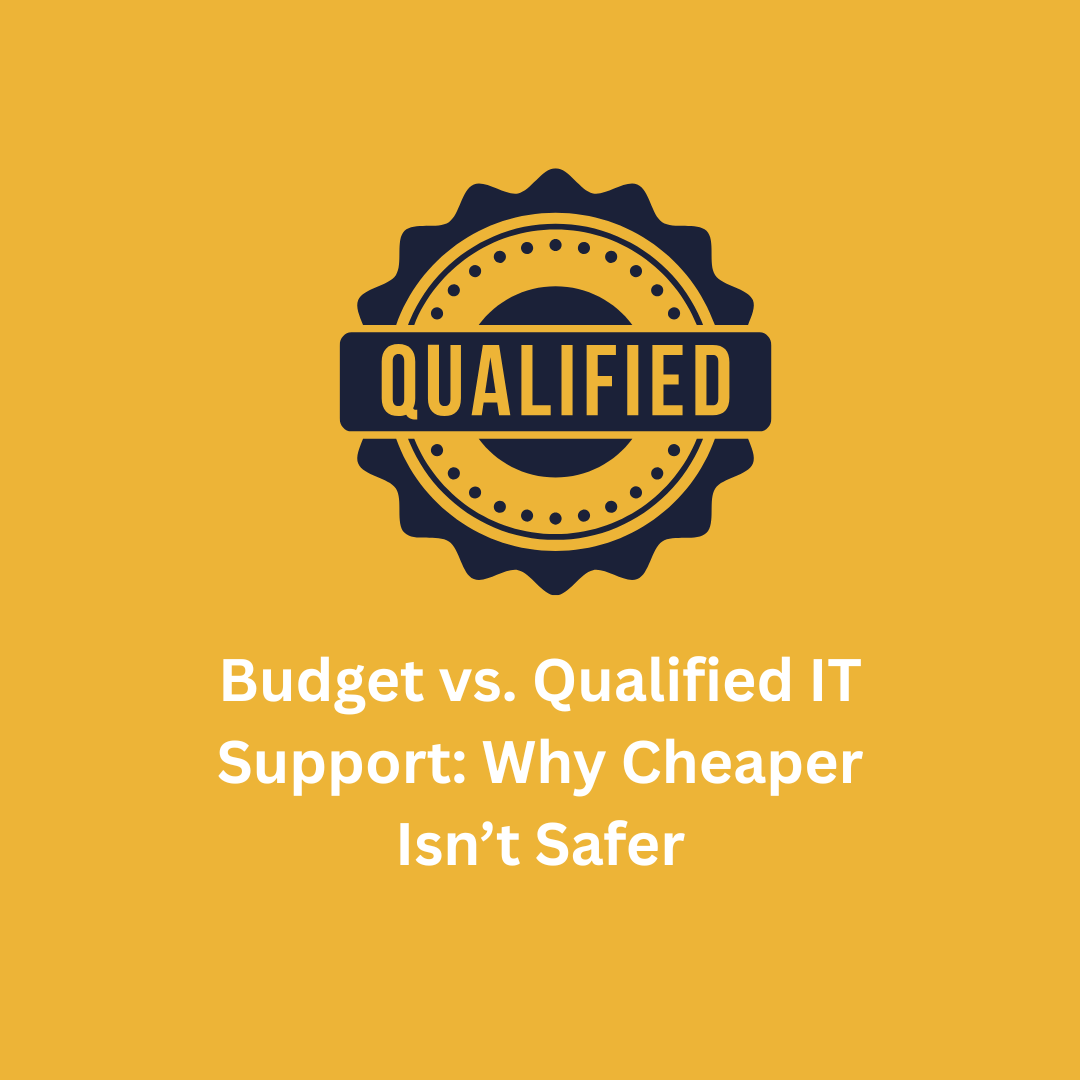
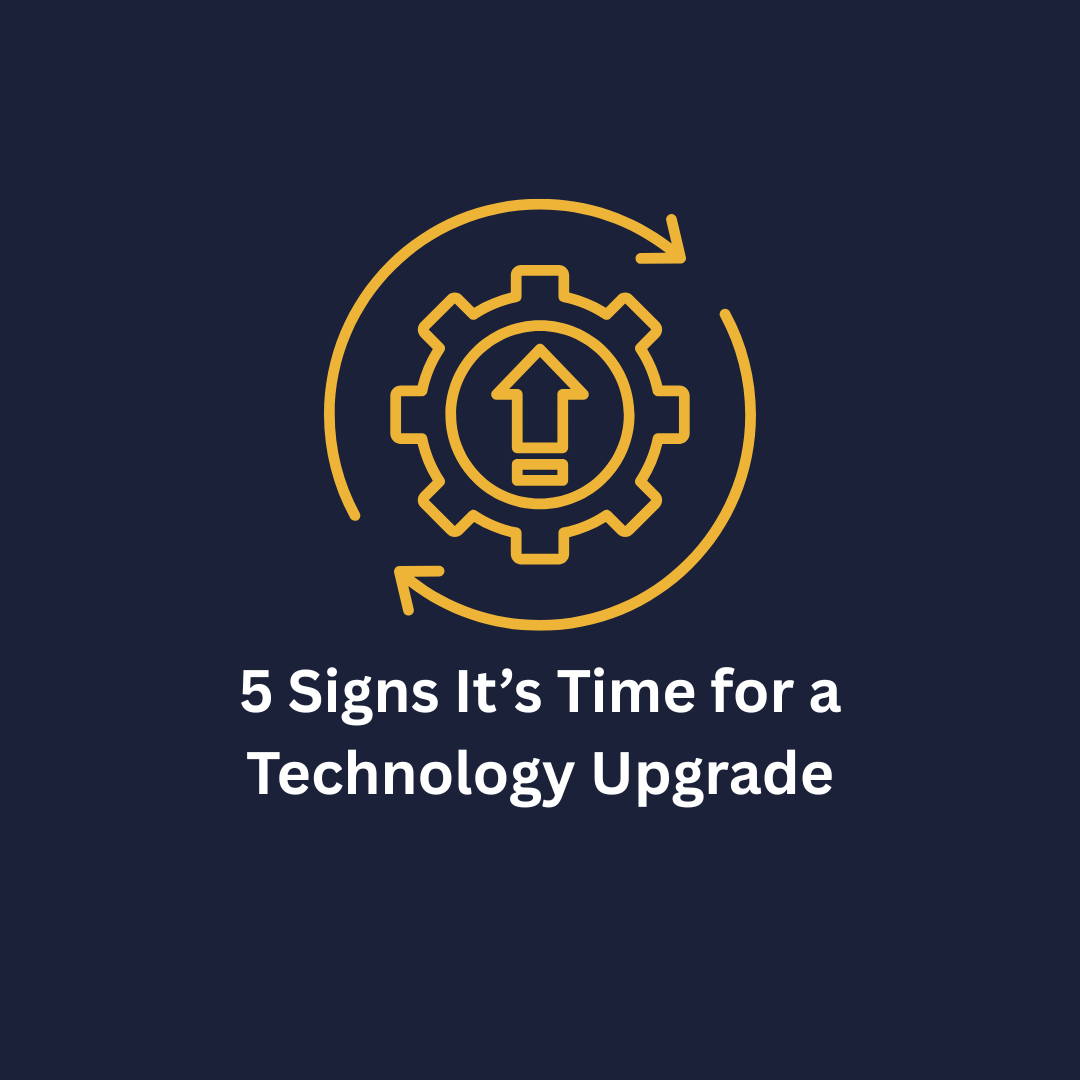



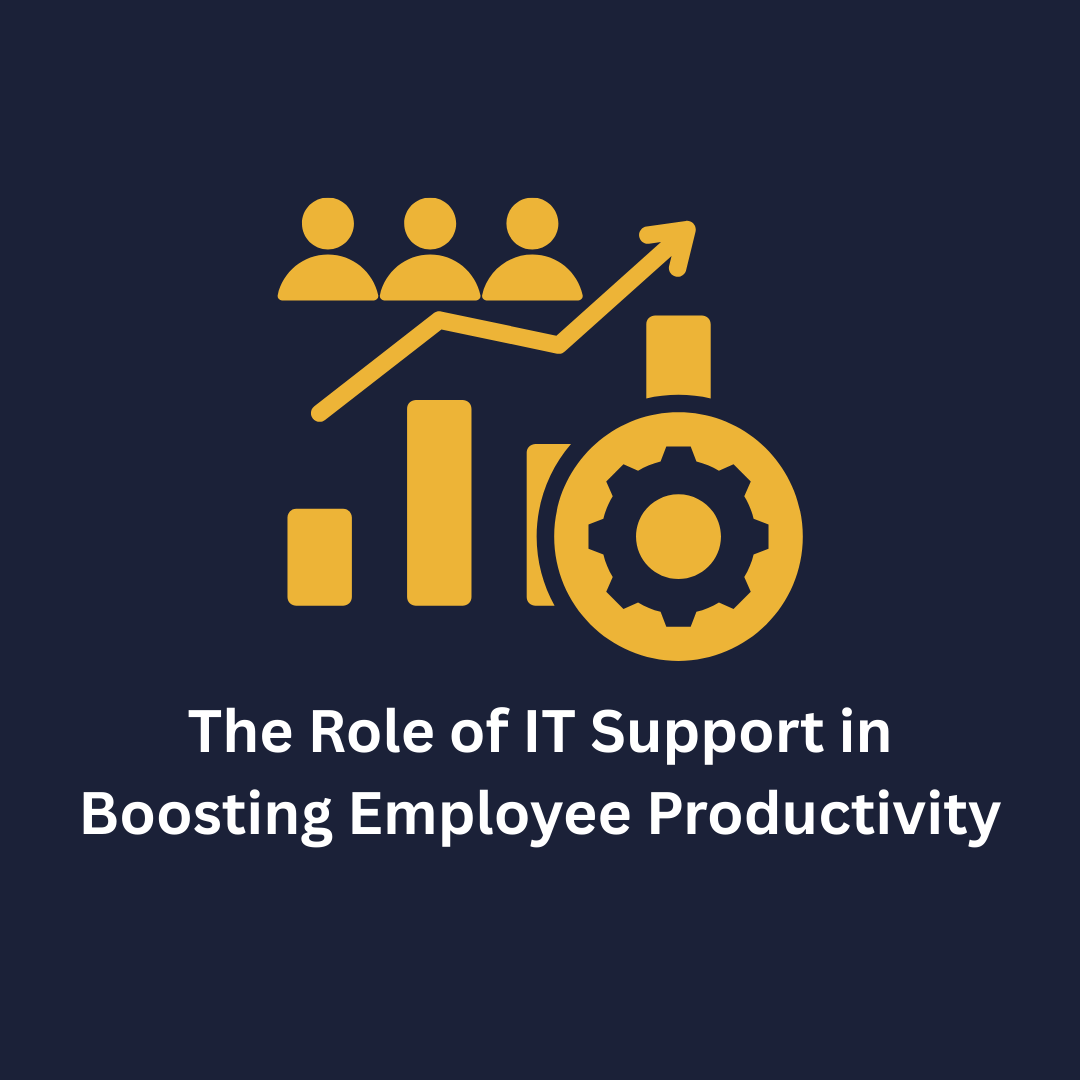


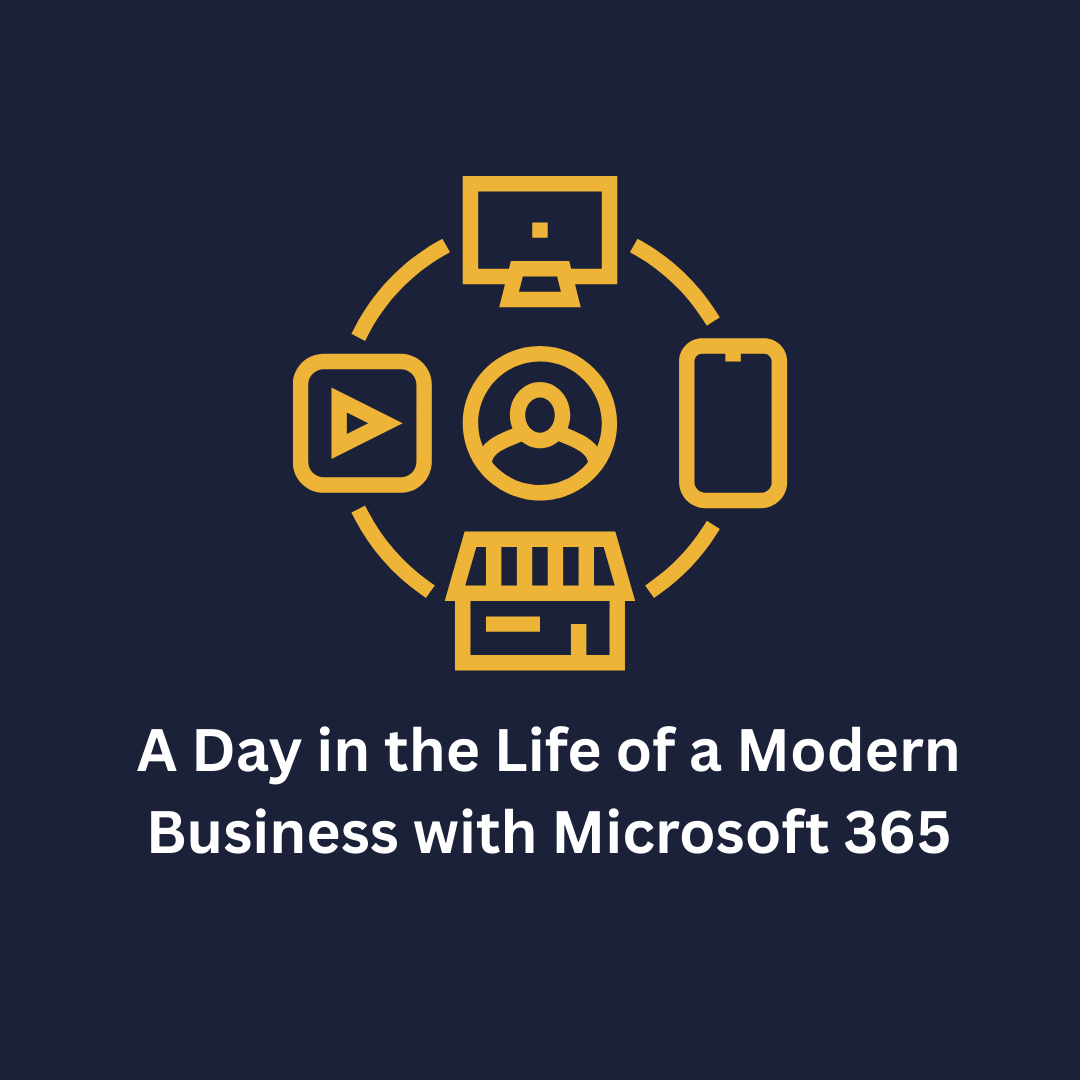
.png)


